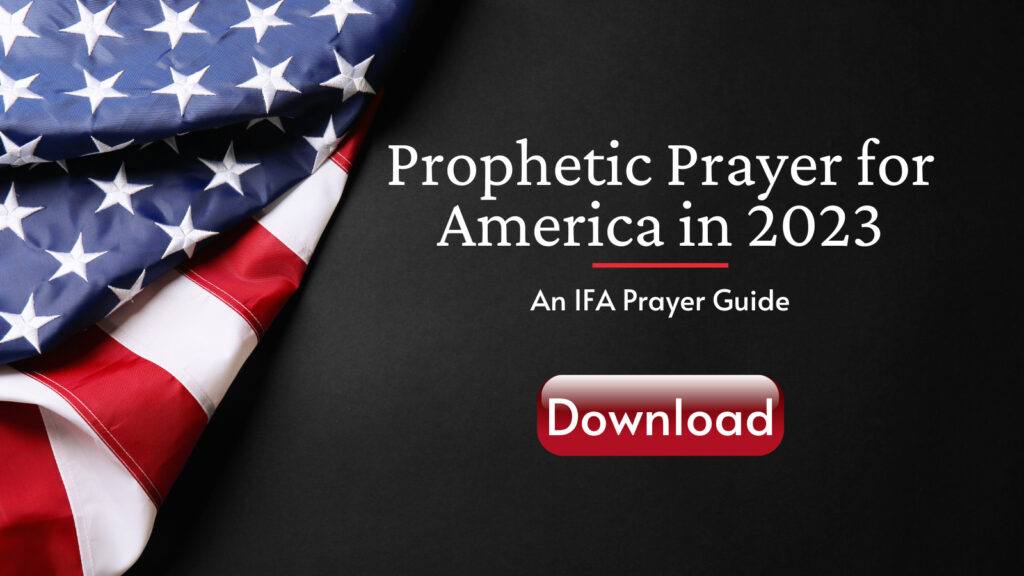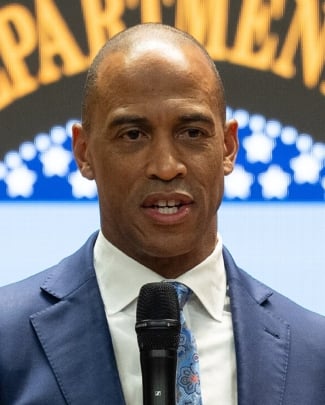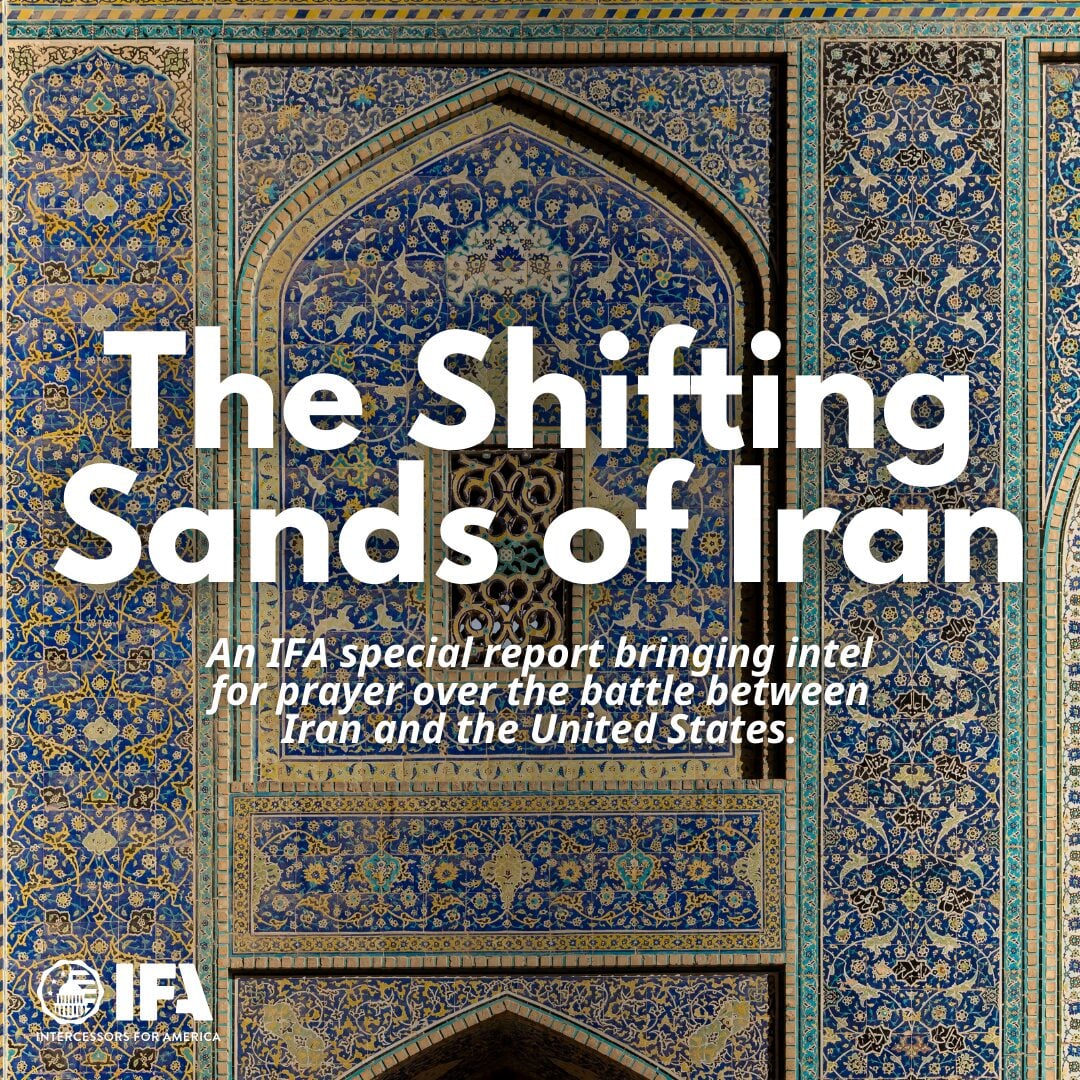Starbucks Hearing Reveals Rise of Unions
Ukraine Prayers, 3 Million Meals, and Bed & Breakfast Blessings!
CDC Team Assessing East Palestine Fell Ill
‘QAnon Shaman’ Released From Prison
Senator: DOJ Discouraged Arrests of Illegal Protesters at Supreme Court...
Starbucks Hearing Reveals Rise of Unions
Analysis. A Senate hearing last week featured a clash of progressive titans. Howard Schultz, who just completed a third term at the helm of Starbucks, faced off against several Democrats, especially Sen. Bernie Sanders, I-Vt., chairman of the Health, Education, Labor, and Pensions Committee. The debate centered on unions — specifically, the coffee giant’s resistance to the unionization of its employees.
This content is supported by your donations.
Give today.
“Over the past 18 months, Starbucks has waged the most aggressive and illegal union-busting campaign in the modern history of our country,” declared Sanders. “That union-busting campaign has been led by Howard Schultz, the multibillionaire founder and director of Starbucks, who is with us this morning only under the threat of subpoena.”
Sanders, who just released a book titled It’s Okay to be Angry About Capitalism, added: “The fundamental issue we are confronting today is whether we have a system of justice that applies to all, or whether billionaires and large corporations can break the law with impunity.”
Schultz, who has built a reputation as a progressive leader at the pinnacle of corporate America, must have found the hearing disquieting as he sparred with once-friendly Democrats on the panel. The title of the hearing alone was provocative: “No Company Is Above the Law: The Need to End Illegal Union Busting at Starbucks.”
Schultz highlighted Starbucks’ decades-long reputation of care for its workers and denied any illegal activity. And he was galled by what he felt was “the propaganda that is floating around.”
“We want to treat everyone with respect and dignity,” Schultz said. “However, I have the right, and the company has the right, to have a preference. And our preference is to maintain the direct relationship we’ve had with our employees, who we call partners.”
For his part, Sen. Bill Cassidy, R-La., the top Republican on the committee, asserted that he was not defending Starbucks. But he lamented that the hearing was “a smear campaign,” and he suggested it was an example of “show trials for public shaming.”
“Workers have the right to organize,” Cassidy said. “Some may disagree as to whether the protections for workers to choose to organize should also apply to workers who choose not to organize. That is my position. Examining this nuance, however, does not seem to be at issue here.”
Cassidy’s comments are telling. Indeed, beyond exploring the immediate battle between Starbucks and those in its employee ranks who wish to unionize, this hearing seemed to be a rather brazen attempt to tap into the immense popularity of unions right now.
Sanders noted that 71 percent of Americans approve of labor unions — a figure he drew from Gallup research last year. That is the highest approval rating for organized labor since 1965, and it is particularly striking when you consider that 84 percent of Americans don’t live in a union household. In addition, according to recent Bureau of Labor Statistics data, while the raw numbers of union workers increased in 2022, only 10.1 percent of the U.S workforce belong to a union — a percentage dip from the prior year.
But unions are indeed popular, especially among Democrats. Pew Research reports that 74 percent of Democrats think unions are positive for our country, and 58 percent believe a decline in the share of workers represented by unions is bad for the nation. Republicans tend to hold an inverse perspective on unions, with only 34 percent believing they have a positive effect on the U.S. However, even among those identifying with the GOP, the view of unions seems to change significantly by age group. Specifically, among those ages 18–39, only 41 percent thought the declining percentage of union employees was good for working people.
Why this popularity among so many who are not unionized?
Sanders, long a self-identified socialist, suggested that an attraction to unionization is stemming from a problem “that workers throughout our country are struggling to pay for housing, struggling to pay for health care and prescription drugs, struggling to put food on the table, struggling to pay off their student debt and deal with other basic necessities.”
Meanwhile, Sanders said, “the rich get much richer, working families struggle.”
So unions are perhaps being viewed as a possible antidote to perceived injustice in wages and standards of living. The facts there are in dispute though. Sanders asserts that unionized workers get better pay and benefits, but others disagree. For example, Rachel Greszler, who also testified at the Schultz hearing on behalf of the conservative Heritage Foundation, has suggested that the rigidity and inefficiencies of unions actually puts workers at a disadvantage.
“Unions have served an important role historically, but their failure to adapt to the ever-changing world of work and their propensity to act like they own workers rather than serve them have resulted in unions often hurting workers,” Greszler wrote in The Daily Signal last year.
Also problematic for unions is a growing tendency of their leaders to involve themselves in divisive cultural battles. For example, after the Dobbs ruling overturning Roe v. Wade, the AFL-CIO’s president called it a “devastating blow,” and SEIU’s president said it was a “reckless decision … yet another example of the nation’s highest court jettisoning its own precedent to cater to powerful right-wing and corporate interests while rolling back the rights of working people.”
This of course alienates pro-life individuals generally, and, if they know about it, must rankle those within the union family’s own rolls who want to advance a culture of life.
“The union was not formed to promote abortion,” said National Right to Life’s David O’Steen, according to Politico. “You got rank-and-file union members who had their dues being taken, and their leadership is speaking out for abortion.”
This creates a significant tension. The image of unions is rising, and many who are increasingly looking to them are likely motivated by good intentions. But the way some major unions do business, the actual environments they may create for workers and business leaders, and the overstep by some into matters that are leaving many goodhearted people behind are all concerning.
Will you pray for our nation’s workers in the midst of this increased attention to unions? May political, business, and labor leaders be wise, discerning, and guided by a desire to love, respect, and honor one another. And may they each pursue a flourishing nation for all.
Are you praying for the workers of America? Share this article to encourage others to pray!
Aaron Mercer is a contributing writer with two decades of experience in the Washington, D.C., public-policy arena. Photo Credit: KAL VISUALS on Unsplash.
Partner with Us
Intercessors for America is the trusted resource for millions of people across the United States committed to praying for our nation. If you have benefited from IFA's resources and community, please consider joining us as a monthly support partner. As a 501(c)3 organization, it's through your support that all this possible.


We use cookies to ensure that we give you the best experience on our website. If you continue to use this site we will assume that you are happy with it. Privacy Policy





Comments
Father, I pray for our nation’s workers as they decide whether to unionize or not. Ii pray unions would not step up to force people to be anti-life but would deal with the economics rather than cultural. Protect us, Father, from the punishment of those who disagree with the woke ideas.
This has been an ongoing point of division. The problem is the resistance of workers to acknowledge the importance and decency of the work ethic. Our culture nurtures the delusion that the only benefit of working is the paycheck. Parents need to train children in the benefits of personal achievement, and self motivation generating self esteem self worth and self respect not to mention where employment is concerned self reliance self supporting. Unions give the mistaken delusion that workers are mere statistics one person’s efforts are easily substituted by another. They fail to see what employers instinctively know PRODUCTIVITY IS PAYROLL or secures revenue to employer so employers are enabled and empowered to pay employees. Unions talk “redistribution of wealth”. Surely there is an element of “profit sharing” therefore “redistribution…” but are unions being reasonable NO they are oversimplified and threaten any potential dialog between employees creating suspicion and infighting not to mention sabotage.